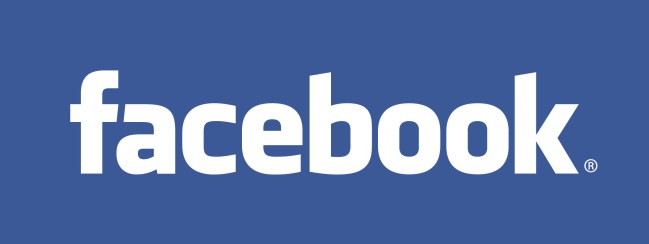 Privacy has always been a rather controversial issue for Facebook and its users, and the latest news regarding the roll-out of its face recognition tagging feature has only served to underline the fact.
Privacy has always been a rather controversial issue for Facebook and its users, and the latest news regarding the roll-out of its face recognition tagging feature has only served to underline the fact.
Security firm Sophos said on Tuesday that many users of the social networking site have been getting in touch regarding Facebook’s global roll-out of its face recognition tool which helps speed up the process of tagging friends in photos – a tool which has been enabled without informing users. This feature has been available to North American users since last year.
When users upload photos to Facebook, the company’s software will try to match up faces with those of other users. If it finds a match, the user will be prompted to tag the photo with the name. As Sophos points out, “the tagging is still done by your friends, not by Facebook, but rather creepily Facebook is now pushing your friends to go ahead and tag you. Remember, Facebook does not give you any right to pre-approve tags. Instead the onus is on you to untag yourself in any photo a friend has tagged you in.”
Sophos also says in its report, “Many people feel distinctly uncomfortable about a site like Facebook learning what they look like, and using that information without their permission…The onus should not be on Facebook users having to ‘opt-out’ of the facial recognition feature, but instead on users having to ‘opt-in’.”
According to a New York Times report, Facebook said in a statement: “We should have been more clear with people during the roll-out process when this became available to them.” In a post on the Facebook blog, engineer Justin Mitchell writes, “Every day, people add more than 100 million tags to photos on Facebook. They do it because it’s an easy way to share photos and memories….we’ve been working to make this process easier for you.” Later in the post, he explains how the function can be disabled.
It’s not the first time Facebook has faced scrutiny over privacy issues. Last year Canada’s privacy commissioner launched an investigation into the social networking sites’s privacy practices. Also last year, Swiss and German privacy watchdogs announced they would be examining how Facebook and other sites allow users to share information about others without getting their consent. And in January this year the company bowed to pressure from data protection officials in Germany by giving users there more control over how information in address books is used by the service.
Sophos points out that if you’re unhappy about the set-up with tagging you can disable it by visiting your account’s privacy settings and clicking on “customise settings.” Next, look for “Suggest photos of me to friends. When photos look like me, suggest my name.” Here, you’ll see that it merely says “edit settings,” – so you still can’t be sure whether it’s enabled or not. Click on the “edit settings” button and you’ll see a button which will say either “enabled” or “disabled.” Click to obtain the desired setting.
Editors' Recommendations
- How to delete or deactivate your Facebook account
- Facebook Messenger finally starts testing end-to-end encryption for all chats
- Three reasons Facebook/Meta is shutting down its face recognition system
- TikTok boss calls out Facebook, Instagram to team up against Trump ban
- Portland bans facial recognition, TikTok may not sell | Digital Trends Live

